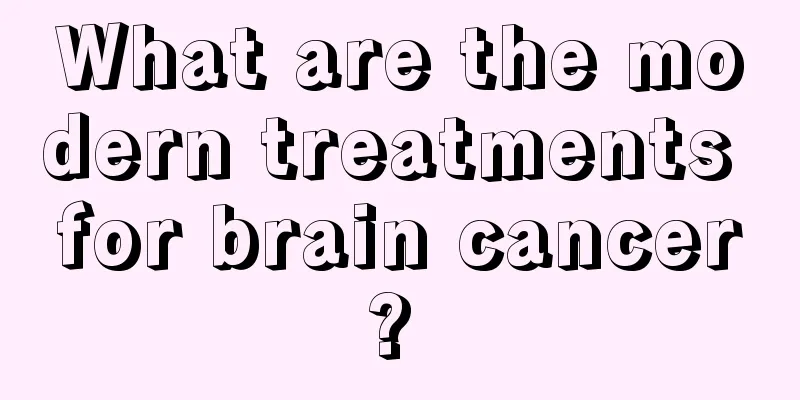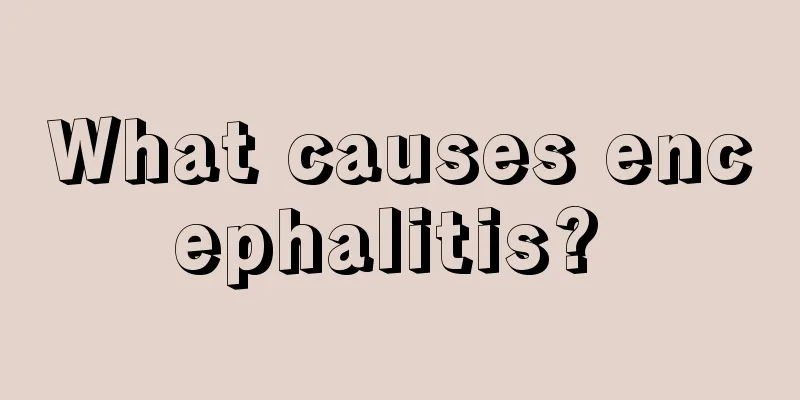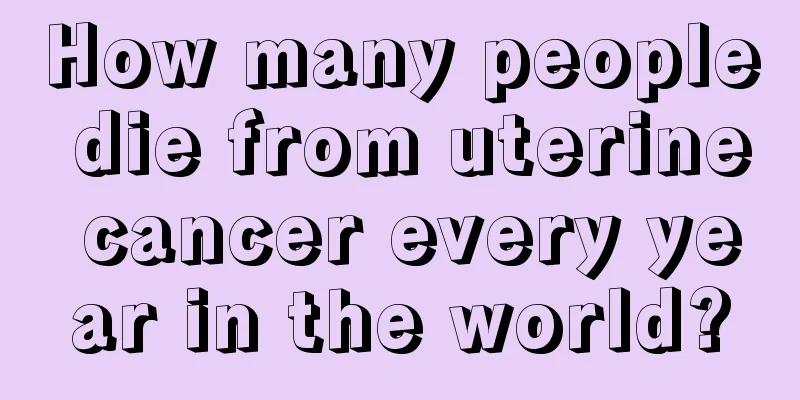What are the current methods for treating lung cancer?

|
Lung cancer is the disease with the highest incidence rate among malignant tumors, and it is also the disease with the greatest mortality and harm. According to a large amount of statistical data, the probability of long-term smokers suffering from lung cancer is 10-20 times that of non-smokers. This disease greatly threatens people's life and health and needs to be actively prevented and treated. So, what are the current clinical treatments for lung cancer? The main treatments for lung cancer include chemotherapy, surgery, radiotherapy, etc. For non-small cell lung cancer, except for some stage IIIb and IV, surgery should be the main treatment, but it is easy to cause cancer cell recurrence and metastasis. Chemotherapy can be used alone or as a comprehensive treatment for lung cancer, but it will cause side effects, complications and sequelae. 1. Chemotherapy: Chemotherapy is the main treatment for lung cancer, and more than 90% of lung cancers require chemotherapy. The efficacy of chemotherapy on small cell lung cancer is relatively certain regardless of early or late stages, and even about 1% of early small cell lung cancers are cured by chemotherapy. Chemotherapy is also the main means of treating non-small cell lung cancer, and the tumor remission rate of chemotherapy for non-small cell lung cancer is 40% to 50%. Chemotherapy generally cannot cure non-small cell lung cancer, but can only prolong the patient's survival and improve the quality of life. 2. Radiotherapy: Radiotherapy has the best effect on small cell lung cancer, followed by squamous cell carcinoma, and the worst effect on adenocarcinoma. The radiation field of lung cancer radiotherapy should include the primary lesion and the mediastinum of lymph node metastasis. At the same time, it should be supplemented with drug therapy. Squamous cell carcinoma has moderate sensitivity to radiation, the lesions are mainly local invasion, and the metastasis is relatively slow, so radical treatment is often used. 3. Surgical treatment: Surgical treatment is the first and most important treatment for lung cancer, and it is also the only treatment that can cure lung cancer. It is suitable for a small number of patients, such as those with refractory pleural and pericardial effusions. By removing pleural and pericardial nodules and part of the pericardium and pleura, clinical symptoms caused by pericardial and pleural effusions can be cured or alleviated, and life can be prolonged or the quality of life can be improved. Although the mortality rate of lung cancer is relatively high, it is preventable and controllable. Foreign studies have shown that quitting smoking can significantly reduce the incidence of lung cancer, and the earlier you quit smoking, the more obvious the reduction in lung cancer incidence. Therefore, quitting smoking is the most effective way to prevent lung cancer. In addition, you should also develop good living habits and eat a balanced diet. |
<<: What foods can prevent breast cancer
>>: What to do if you get pregnant with ovarian cancer
Recommend
What signals does gastric cancer send out
Stomach cancer may signal through early symptoms ...
Is there any relationship between cervical spondylosis and heart
Cervical spondylosis is a common disease among mi...
Bladder leakage in late stage of cervical cancer
Bladder leakage in late-stage cervical cancer is ...
Beware of early signs of gastric cancer
Gastric cancer is a very common malignant tumor d...
Banana peel for reducing swelling and removing bruises
In our daily lives, we often get bruises on our b...
How long can curry be kept in the refrigerator?
Curry is a kind of sauce, which is mostly used in...
Clinical manifestations of facial spasm
The incidence of facial spasm in life is also ver...
What's wrong with sagging eye bags
Many people have bags under their eyes, and the c...
Can breast milk remove spots?
As we all know, breast milk is very nutritious. I...
Why vinegar needles are used to treat bone spurs
Bone spurs, also known as bone hyperplasia, are a...
What is the best way to treat vasculitis?
Blood vessels are important organs that run throu...
Is the scent of lily harmful to the body?
In daily life, many people like to add some color...
There are 3 early symptoms of cervical cancer. Will cervical cancer cause vaginal bleeding?
Cervical cancer is the most common gynecological ...
Is rice noodles easy to digest?
Rice noodles should be easier to digest and can b...
How to treat lower extremity arterial occlusion?
Up to now, arterial occlusion is relatively commo...









